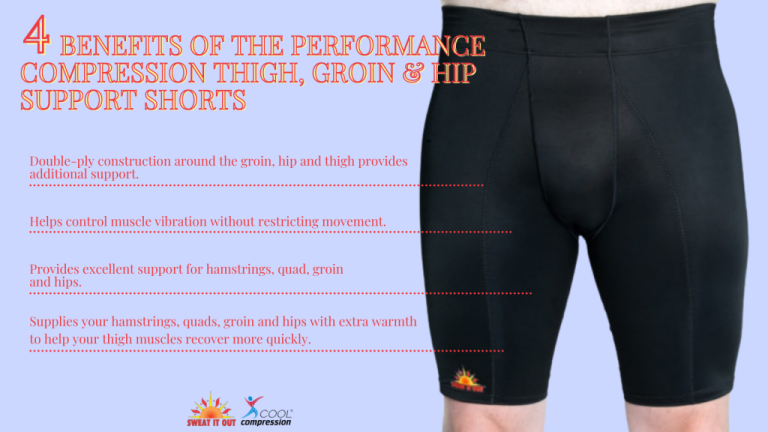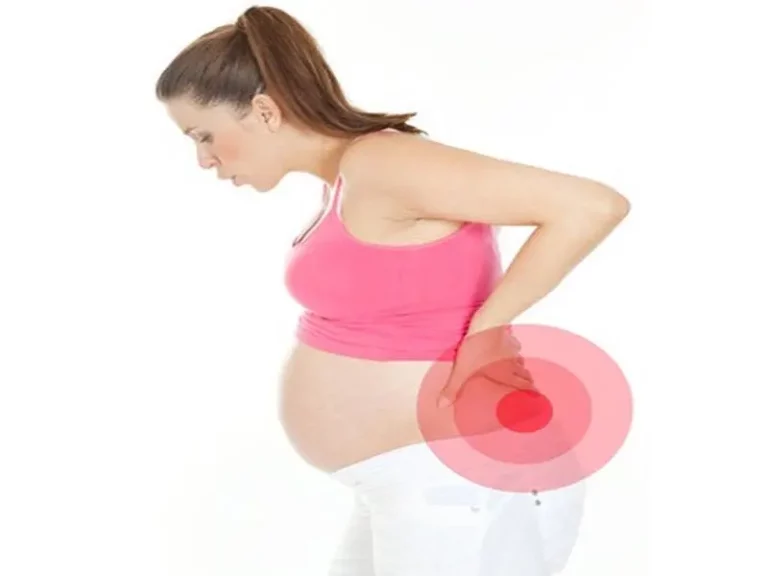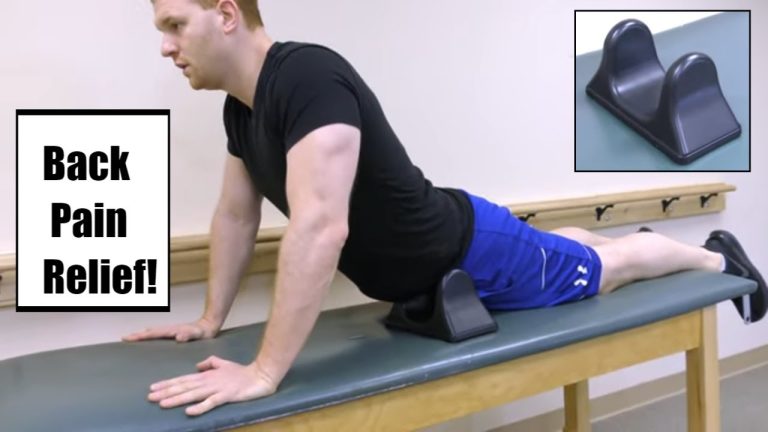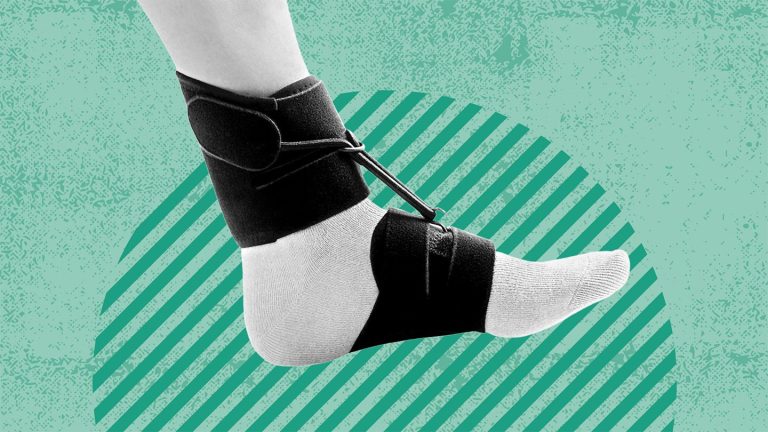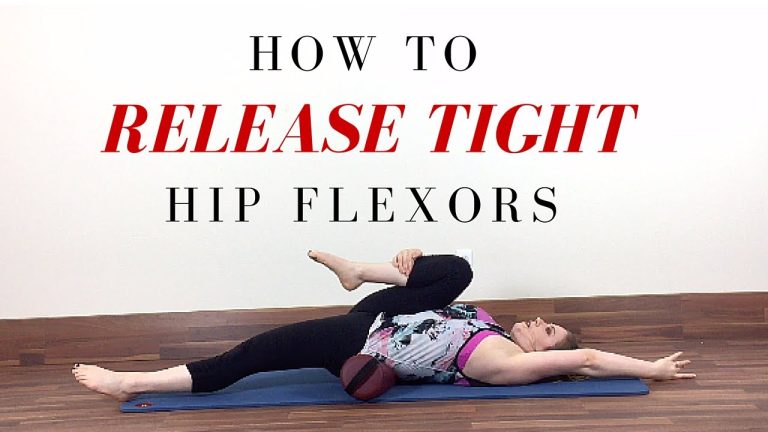Discovering Hip Pain Compression: Causes, Treatments, and Prevention
Are you tired of feeling limited by hip pain? Do you yearn for the freedom to move without restriction and enjoy life to the fullest?
Look no further, because in this article we will explore the causes of hip pain and the various treatment options available to you. Whether it’s a hip flexor strain or something more serious, such as a need for surgery, we have you covered.
From at-home remedies to alternative therapies, we have compiled a comprehensive guide to help you find relief. So, sit back, relax, and get ready to discover a world of possibilities beyond hip pain compression.
hip pain compression
Hip pain compression refers to the application of pressure to the hip area to alleviate pain and promote healing. Hip flexor strain, which can result from overuse or overstretching of the hip flexor muscles, is a common cause of hip pain compression.
Recommended treatments for minor hip flexor injuries include rest, avoiding strain-inducing activities, using compression wraps, applying ice or heat packs, taking pain relievers, and taking hot showers or baths. In more severe cases, surgery may be necessary for muscle repair.
It is important to warm up properly, strengthen the hip flexor muscles, and maintain a balanced diet and healthy weight to prevent hip flexor strain. Overall, hip pain compression can help manage and mitigate the symptoms of hip flexor strain.
Key Points:
- Hip pain compression involves using pressure on the hip to address pain and promote healing.
- Hip flexor strain is a common cause of hip pain compression, often from overuse or overstretching.
- Minor hip flexor injuries can be treated with:
- Rest
- Avoiding strain
- Compression wraps
- Ice or heat packs
- Pain relievers
- Hot showers or baths
- Severe cases of hip flexor strain may require surgery for muscle repair.
- Proper warm-up, strengthening exercises, and maintaining a balanced diet and healthy weight can help prevent hip flexor strain.
- Overall, hip pain compression can effectively manage and alleviate the symptoms of hip flexor strain.
Sources
https://www.medicalnewstoday.com/articles/320655
https://www.healthline.com/health/hip-pain-treatment
https://www.brandonorthopedics.com/how-a-compression-fracture-can-cause-hip-pain/
https://www.livestrong.com/article/13777969-hip-pain-when-sleeping/
Check this out:
💡 Pro Tips:
1. Use compression wraps: In addition to rest and other at-home treatments, consider using compression wraps to provide support and reduce inflammation in the hip area. These wraps can help alleviate pain and promote faster healing.
2. Try low-impact exercises: Engaging in low-impact exercises, such as swimming or cycling, can help maintain strength and flexibility in the hip muscles without putting excessive strain on them. These exercises can be beneficial for both prevention and management of hip pain.
3. Incorporate gentle yoga poses: Certain yoga poses, such as the pigeon pose or supine figure four posture, can specifically target the hip area and help relieve pain. Consult with a qualified yoga instructor to ensure proper form and modifications if needed.
4. Consider physical therapy: Working with a physical therapist can be beneficial in developing a personalized exercise program to strengthen the hip muscles and improve flexibility. They can also provide hands-on treatments such as manual therapy or ultrasound therapy to alleviate pain.
5. Use ergonomic aids: To prevent further hip pain or strain, consider using ergonomic aids such as a cushioned seat or a supportive pillow for sitting, using a standing desk, or using assistive devices like a cane or walker to offload pressure from the hips while walking.
Hip Flexor Strain: Causes And Symptoms
The hip flexor muscles play a crucial role in our ability to move the leg and maintain balance. However, when these muscles are overused or overstrained, they can cause significant pain and discomfort.
One common cause of hip flexor strain is engaging in activities that require sudden or repetitive movements of the hip, such as kicking or sprinting. Additionally, overstretching the hip flexors can also lead to injury.
Symptoms of hip flexor strain often include sharp pain in the front of the hip or groin area, stiffness, and reduced mobility. Individuals may experience difficulty walking, climbing stairs, or participating in activities that involve flexing the hip.
It is important to seek medical attention if these symptoms persist or worsen over time.
Preventing And Treating Hip Flexor Injuries
Preventing hip flexor injuries is essential to maintaining overall hip health. One of the most effective ways to prevent strain is by warming up appropriately before engaging in physical activities.
This can include light jogging, dynamic stretches, or low-intensity exercises that target the hip flexor muscles. Additionally, it is crucial to strengthen the hip flexors through specific exercises, including leg lifts, hip flexor stretches, and squats.
In the unfortunate event that a hip flexor injury occurs, there are several treatment options available. Rest is essential to allow the damaged muscles to heal, and individuals should avoid activities that may exacerbate the injury.
Applying compression wraps to the hip can help reduce swelling and provide support. The use of ice or heat packs can also alleviate pain and inflammation.
Over-the-counter pain relievers are recommended to manage discomfort, and hot showers or baths may offer temporary relief as well.
In severe cases or when conservative treatment methods fail, surgery may be necessary to repair the damaged hip flexor muscles. However, this is typically reserved for certain instances and is not the first line of treatment.
Recovery Time For Hip Flexor Strains
Recovery time for hip flexor strains varies depending on the severity of the injury. Mild strains may heal within a few weeks with proper rest and rehabilitation.
However, more severe strains can take over six weeks to fully recover. It is important not to rush the healing process and to follow the guidance of a healthcare professional.
Physical therapy may be recommended to restore strength and flexibility to the hip flexor muscles.
Other Causes Of Hip Pain
While hip flexor strains are a common cause of hip pain, there are various other factors that can contribute to discomfort in the hip area. These can include problems within the hip joint, such as arthritis, bursitis, fractures, hernias, sprains, strains, tendinitis, or pinched nerves.
Additionally, hip pain can also originate from other parts of the body, such as the lower back or pelvis. It is crucial to determine the underlying cause of hip pain to implement appropriate treatment strategies.
At-Home Treatments For Hip Pain
For individuals experiencing hip pain, several at-home treatments can help manage symptoms. Resting the hip and avoiding activities that put pressure on the affected area is essential for healing.
Over-the-counter pain relievers, such as nonsteroidal anti-inflammatory drugs (NSAIDs), can help reduce pain and inflammation. Applying cold or heat therapy, such as ice packs or heating pads, can also provide relief.
Gentle stretching exercises can help improve flexibility and reduce muscle tension in the hip area. Yoga and tai chi are low-impact activities that promote strength and flexibility and can be beneficial for managing hip pain.
Additionally, incorporating fish oil or plant oil supplements into the diet may help reduce inflammation and improve joint health.
Medical Interventions For Hip Pain
If at-home treatments do not provide sufficient relief, it may be necessary to seek medical interventions for hip pain. A medical examination and tests, such as X-rays or MRIs, may be required to determine the exact cause of the pain.
Treatment options can vary depending on the underlying condition but may include acupuncture, hydrotherapy, physical therapy, or prescribed medications.
Medical interventions can help alleviate hip pain caused by various conditions. Counterirritants, disease-modifying antirheumatic drugs (DMARDs), biologic response modifiers, or corticosteroids may be prescribed to manage pain and inflammation.
In cases of hip pain caused by osteoporosis, bisphosphonates can be used to promote bone health. Hormone therapy may also be considered in certain situations, such as hormonal imbalances contributing to hip pain.
In conclusion, hip pain compression, particularly caused by hip flexor strain, can be a debilitating condition that affects mobility and overall well-being. By understanding the causes, symptoms, and treatment options for hip flexor strain and other causes of hip pain, individuals can take proactive steps to prevent injuries, seek appropriate medical care, and implement effective treatment strategies to alleviate discomfort and promote hip health.


